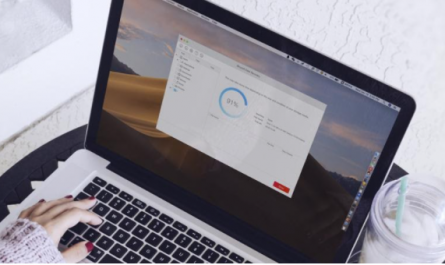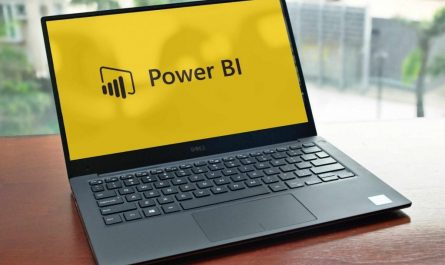Phishing is a common tactic used by cyber attackers to steal personal and financial information. It all starts with a fraudulent email, meant to lure you into giving up important information like login credentials, and personal details.
Sometimes, its hard to tell between a real email and a phishing scam. Some hackers create false emails but they appear to have come from trustworthy senders. They use the information for financial gain, sell it on the web or sometimes use it to launch an attack on a company.
Top anti-phishing tips for online safety.
Pay attention when going through your emails
Many phishing attempts are mostly done through email. This is why, when you receive any emails, you should be careful what links you click or documents you download. Always look out for phishing signs, especially when you receive emails from strangers.
Here are some red flags that indicate signs of phishing emails
Emails that have attention-grabbing subject lines
This is one of the most common characteristics of suspicious phishing emails. You will get random emails with subject line involving your finances or a blocked account. The aim is to trigger a response from you since you would be reacting out of anger, or fear. They also exaggerate the seriousness of the situation by using extreme punctuation like exclamation marks.
Watch out for professional emails that have weird characters in the text of have typos.
Not all cybercriminals come from predominantly English-speaking countries so it will be easier for them to slip up un such cases. Check out for emails that come from inconsistent sender addresses.
Be careful while you are on social networks
While email is the most popularly used phishing method by scammers, you risk facing as much danger on your social media networks. Phishers also try to get access to your personal information like login details or take over your social media by sending you suspicious links in your direct messages.
Sometimes, they trick you into putting your login information on a fake page and once they have your details it is easy for them to access personal information. Be careful on the type of links you click on while browsing through your social media feed. Some platforms are run by cybercriminals who post links that lead to phishing websites. Sometimes, even reputable sites can post ads that lead to phishing websites.
Protect your bank account information
Always be careful where you access your bank account. Don’t use public and free Wi-Fi connections to check your bank account online. The networks could have zero security, and your data could end up exposed to hackers.
Do not expose your pin to anyone, on and offline. Ignore emails of password change if you did not ask to change your password from your banking service provider. Otherwise, you will be feeding your login details to scammers.
Don’t re-use your passwords
Online banking is great for convenience but exposes us to dangers like identity and financial theft. To ensure security, create a strong password for your baking accounts. Do not repeat the passwords for other accounts. Let’s say the hackers successfully get into one of your accounts with a similar password, it will make it easier for them to get into your bank account.
Protect yourself by Avoid suspicious websites when browsing the internet
One of the best things you can do to avid phishing is to stay away from suspicious and malicious-looking websites altogether. If the website looks strange to you and is asking for sensitive personal information, do not take any risks. Check out for signs of legitimacy on the website like an email address and contact information.
If you love to stream movies online, stay away from add-riddle and illegal sites and stick to legitimate sites like the piratebay to avoid malware being sent to your computer. And finally, check the website’s URL carefully to make sure it is encrypted.
Use reliable protection for your devices
To avoid the phishing emails in the first place, you need to block them from your computer. Get an anti-virus to prevent damage that comes with malware from phishing emails. Install a VPN and firewall software to prevent any data breech on your computer.

